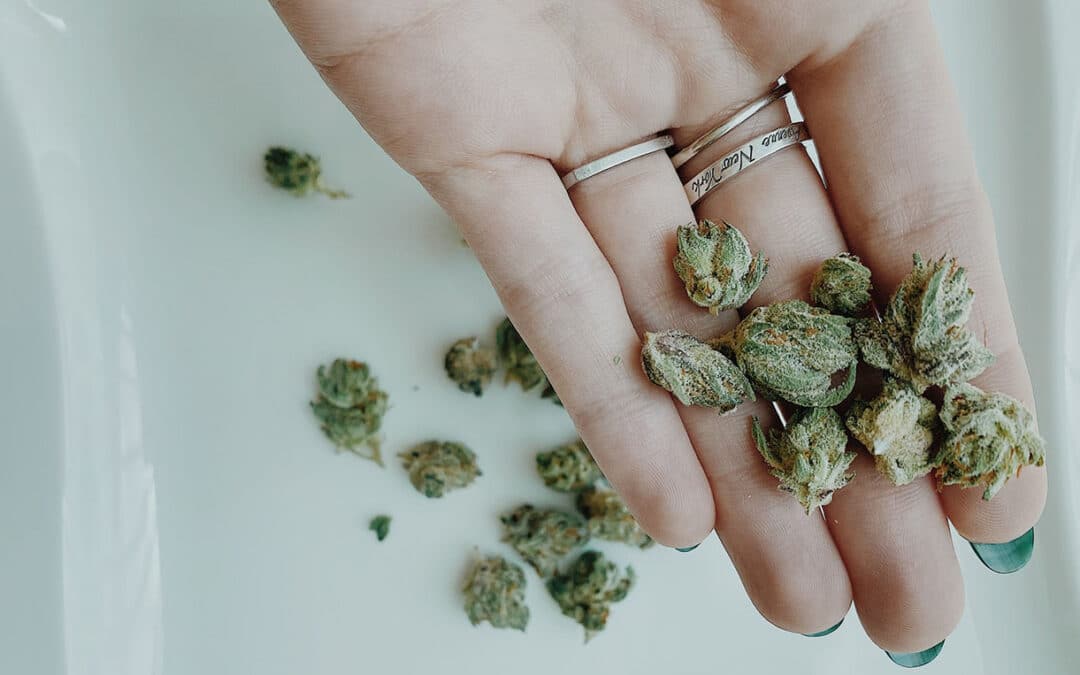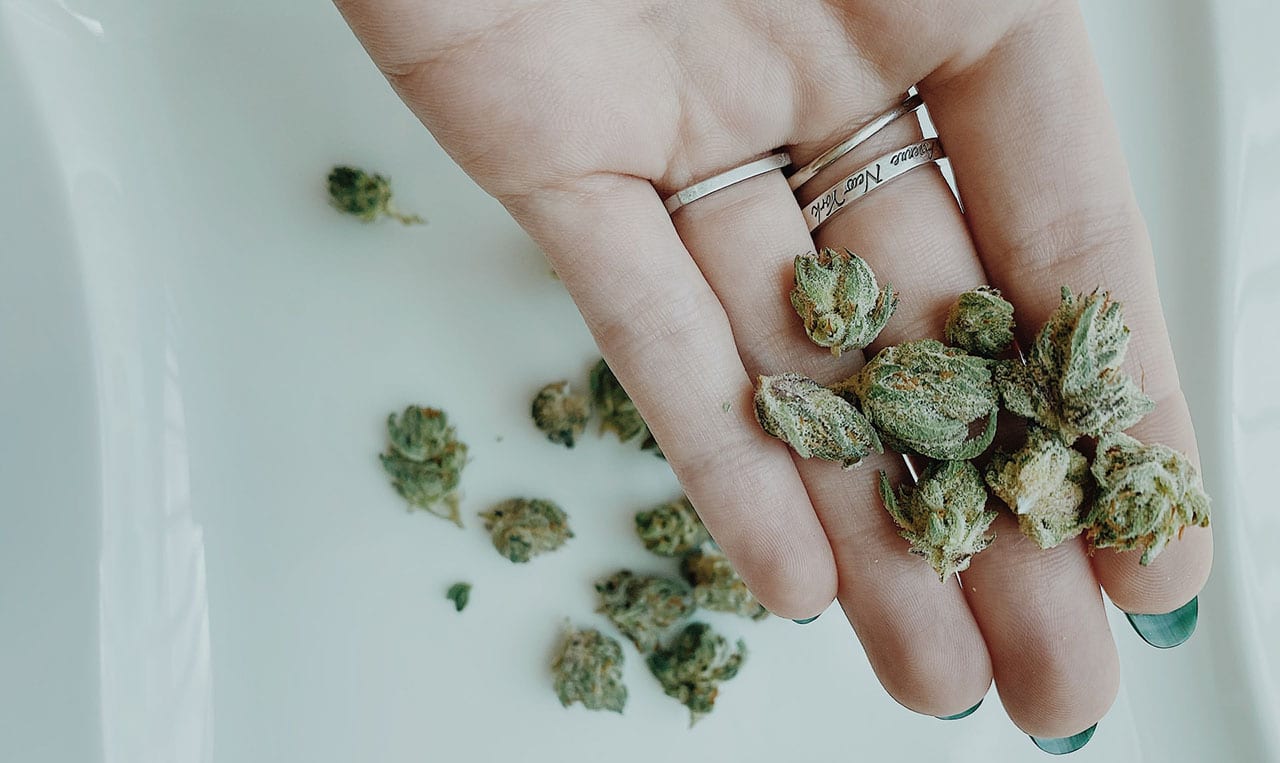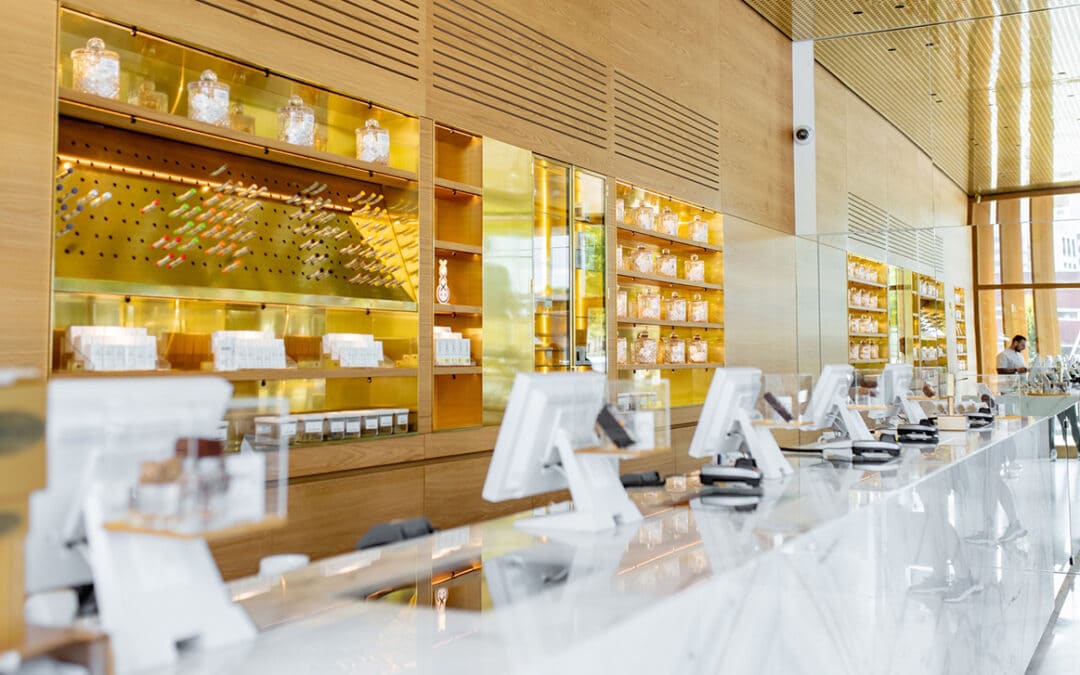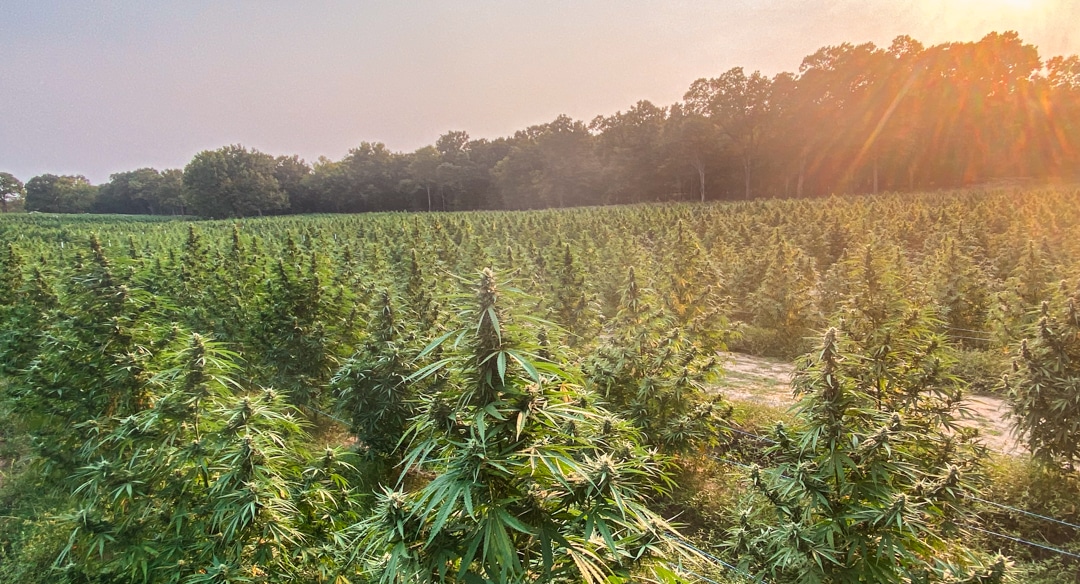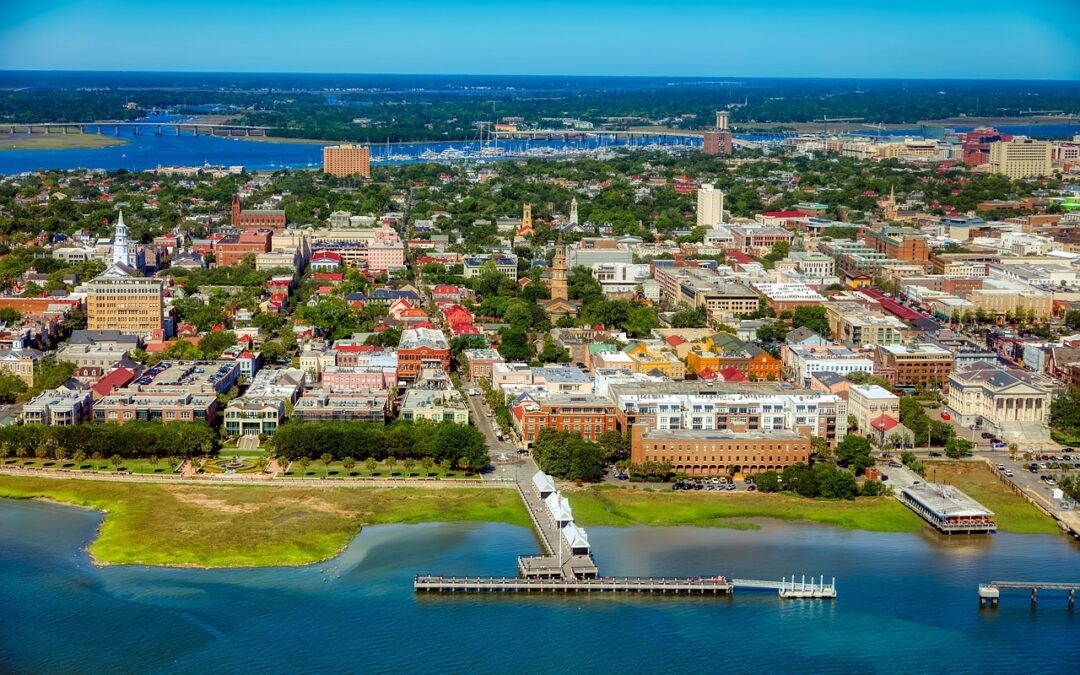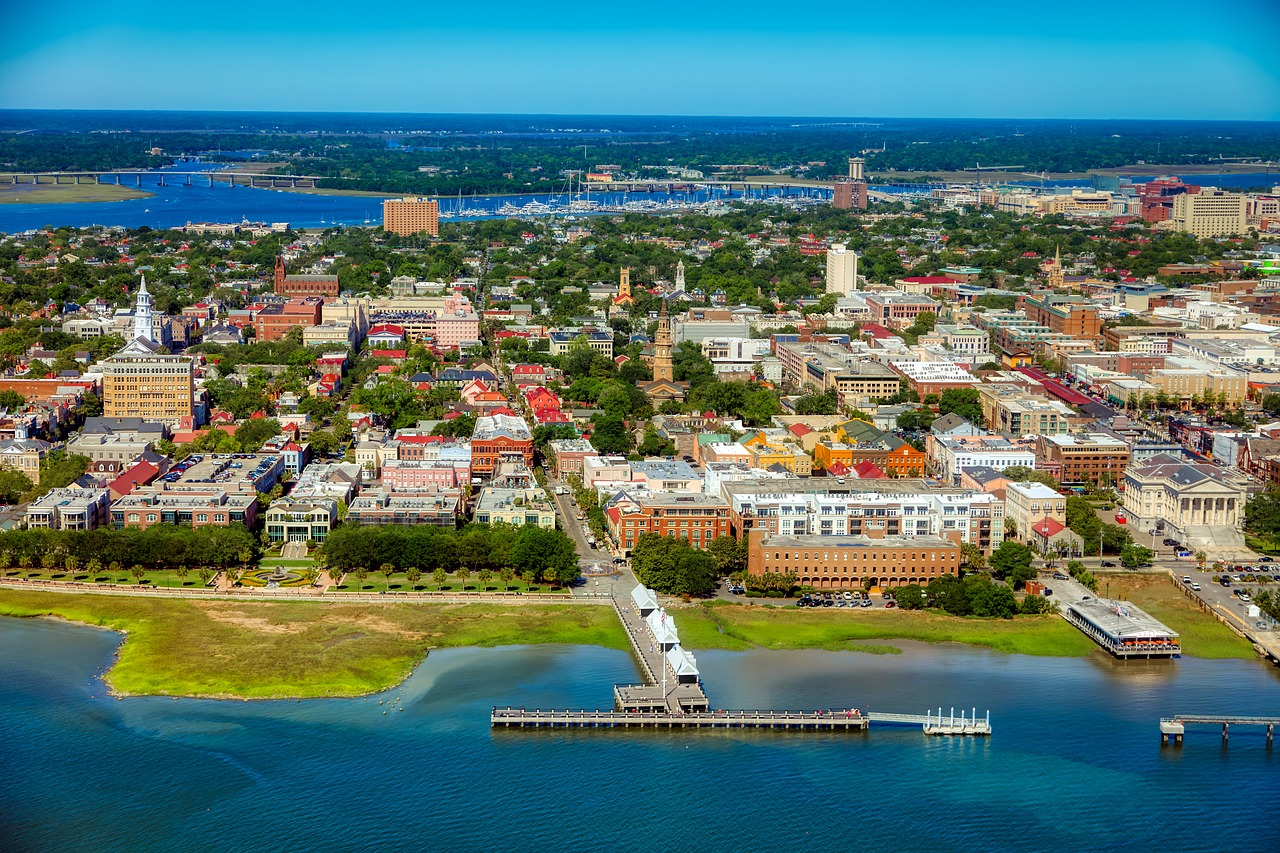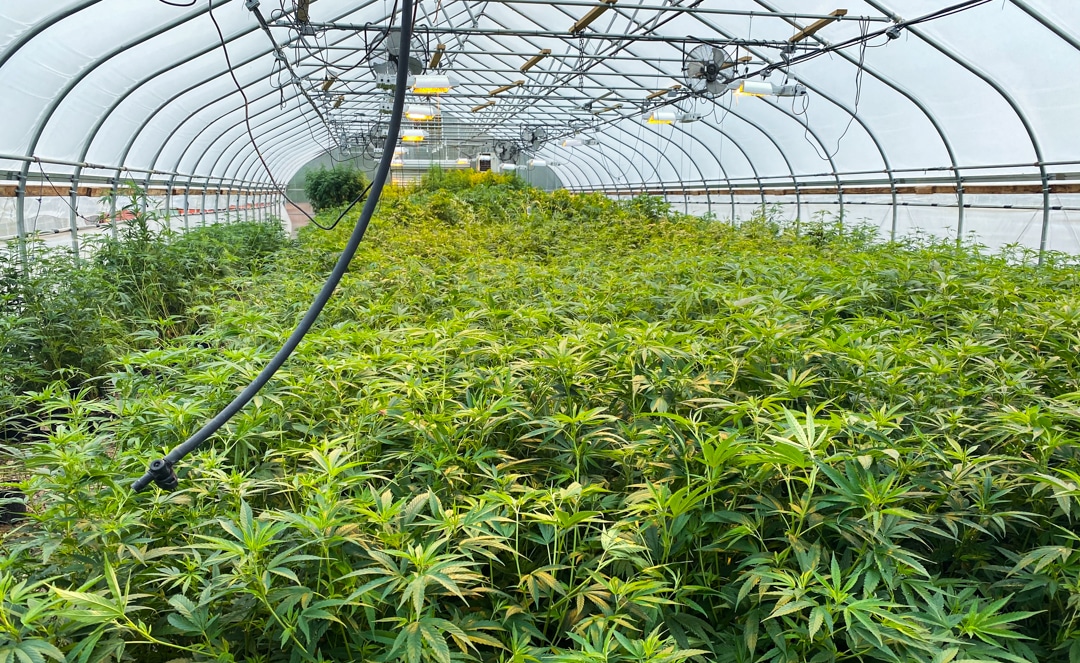
NY Gov. Hochul signs conditional cannabis cultivation bill

With this legislation, NY is creating a new Conditional Adult-use Cannabis Cultivator license, allowing hemp farmers to grow cannabis in the 2022 growing season.
BUFFALO, N.Y. — New York Gov. Kathy Hochul signed new legislation on Tuesday that will allow hemp farmers in the state to apply for a conditional license to grow cannabis.
With this legislation, New York is creating a new Conditional Adult-use Cannabis Cultivator license, allowing hemp farmers to grow cannabis in the 2022 growing season. Conditionally licensed cannabis farmers must hit certain requirements under this law.
According to the governor’s office, some of the requirements include, “safe, sustainable and environmentally friendly cultivation practices, participation in a social equity mentorship program, and engagement in a labor peace agreement with a bona fide labor organization.”
“I am proud to sign this bill, which positions New York’s farmers to be the first to grow cannabis and jumpstart the safe, equitable and inclusive new industry we are building,” Hochul said. “New York State will continue to lead the way in delivering on our commitment to bring economic opportunity and growth to every New Yorker in every corner of our great state.”
Assembly Majority Leader Crystal Peoples-Stokes added, “Last year, after many years of fighting, we finally enacted the Marijuana Regulation and Taxation Act, and are beginning to undo the devastating impacts over 90 years of unequal enforcement of marijuana prohibition had on too many lives and communities. MRTA ensures that the legal adult-use market will be centered on equity and economic justice for communities of color and individuals that have been harmed most by the War on Drugs in the State of New York. With the passage of this bill, we have the opportunity to create a responsible start to the adult-use cannabis industry by authorizing temporary conditional cultivator and processor licenses to current New York hemp farmers. This authority will help secure enough safe, regulated, and environmentally conscious cannabis products to meet the demand of the adult-use cannabis market when retail dispensaries open. Importantly, this legislation calls for a Social Equity Mentorship Program, which will create a viable and inclusive path for social and economic equity partners interested in cannabis cultivation and processing to gain invaluable knowledge and experience in this emerging industry. The temporary conditional licenses authorized by this bill will ultimately help realize the vision and goals of the MRTA.”

